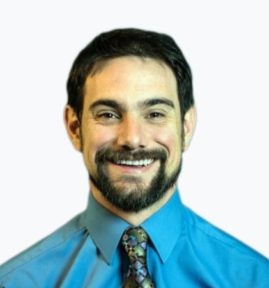We must weigh our decisions on what to put on the ballot very heavily and balance our future needs.
A citizen bond committee was formed last November to weigh options and priorities for the upcoming ballot. Some of the areas of consideration for bonding have included public safety needs such as outdated radios we can no longer get parts to fix and old fire trucks that are needing replacement. Other considerations are around flood mitigation efforts, housing, wastewater treatment needs, bike/pedestrian improvements and broadband infrastructure. The citizen committee has been receiving presentations and is considering priorities amidst a limited bond capacity to provide recommendations for the Flagstaff City Council’s decision. As you might expect, these are tough decisions to make, and I appreciate all our committee member volunteers for their hard work and diligence through this process.
Bonds are paid for by our secondary property tax, a fund that cannot be used for anything but paying off general obligation bonds. Also, we can’t bond unless it is approved by voters, so these decisions will inevitably go to the voters this election year. It’s the council’s job to decide what to place on the ballot for consideration and how much. Without raising our secondary property tax levy, we have $100 million in bond capacity, but I am very concerned with the prospect of attempting to max out our capacity. We must weigh our decisions on what to put on the ballot very heavily and balance our future needs.
For me personally, I want to maximize our ability to receive matching dollars. With the infrastructure law put in place by the federal government, there is a large opportunity to leverage dollars to improve local infrastructure. If we are able to get $4 for every $1 we put on the table, it is a solid investment and use of our bonding capacity. If we don’t have the $1 to spend, however, we will lose this once-in-a-lifetime opportunity to further projects such as flood mitigation efforts, wastewater improvement and other needed areas. We absolutely should not max out our capacity, and we need to prioritize and leverage funds for our basic needs.
As always, if you’d like to provide your input on this or any other issue, please contact all the Flagstaff City Councilmembers at council@flagstaffaz.gov or me at paul.deasy@flagstaffaz.gov. FBN
By Paul Deasy
These statements and views are solely my own and do not necessarily reflect the views of Flagstaff City Council.
Paul Deasy is the mayor of Flagstaff.





